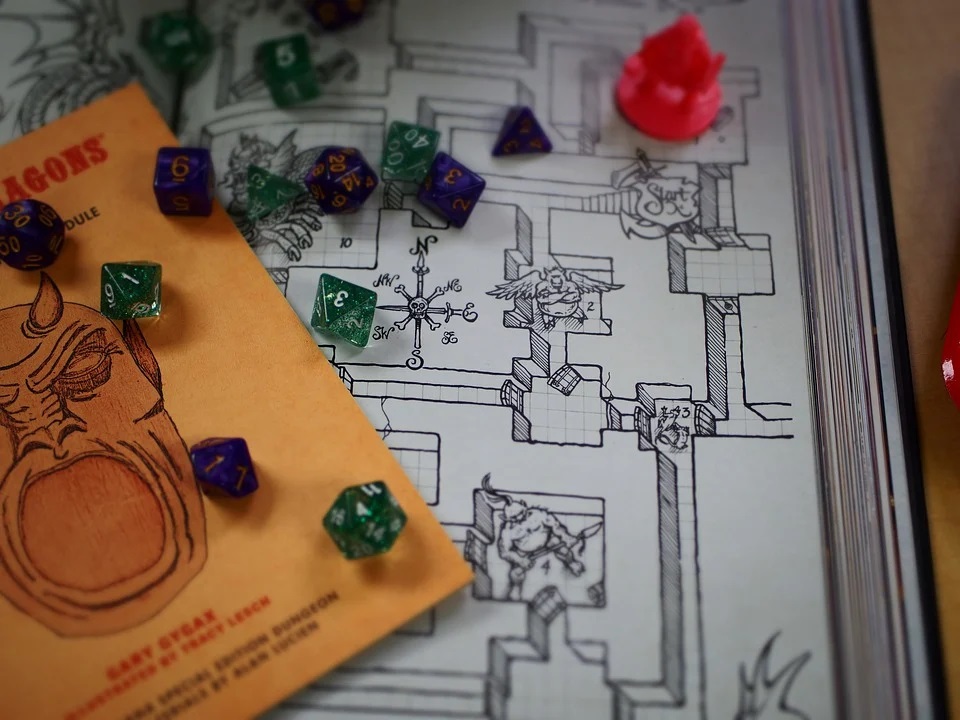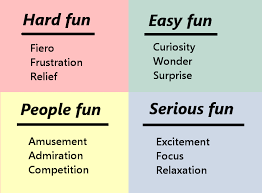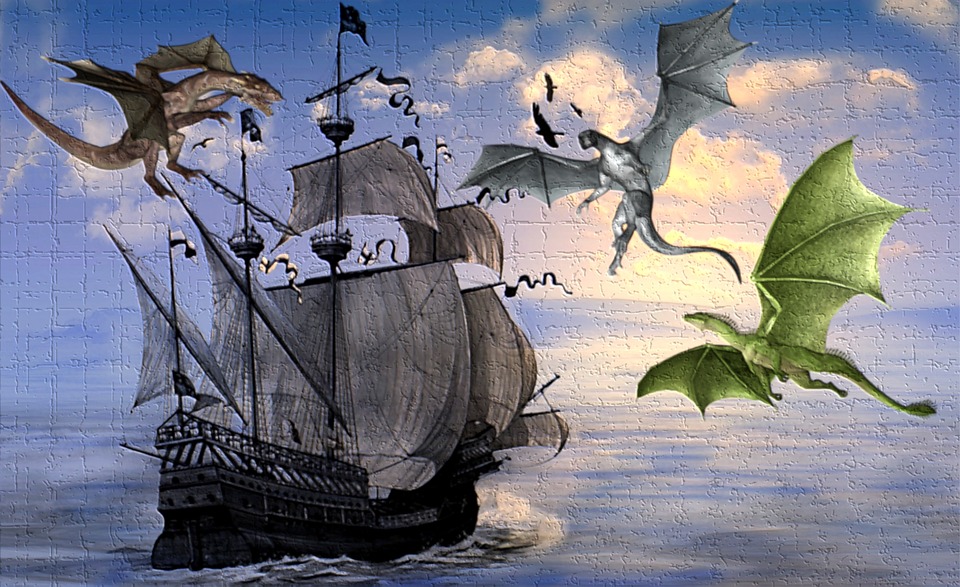Fantasy role-playing games return that power of storytelling to us. D&D sparked my imagination and kindled an interest in everything from geography to languages, history to poetry. It made me want to create, to be a storyteller and a world builder. And to take a leap and imagine a better world. Which leads me to this game’s most powerful magic. Stories not only connect us; they create hope.
Ethan Gilsdorf

Dungeons and Dragons (commonly abbreviated as D&D) was initially released in 1974 by creators and designers Gary Gygax and Dave Arneson. It was acquired from TSR Inc. by game publisher Wizards of the Coast in 1997. D&D became the first fantasy role-playing game in which players are characters in an ongoing fantasy story. Players take on the personas of fantasy creatures and spellcaster who set out on an imaginary adventure mediated by a Dungeon Master, and the outcomes of rolling many-sided die.
Gameplay
“D&D was accused of being a gateway to the occult. And it spent decades being treated as a punchline, a game that nerds and social outcasts play. But thanks to shows like Community and Stranger Things, more and more people are falling in love with this magical, ridiculous game of make-believe” said Vox.
How Many People Play D&D?
There are currently an estimated 40 million active tabletop D&D players worldwide. The president and CEO of Wizards of the Coast announced that according to their 2017 survey, Dungeons and Dragons 5e Edition is played by about 9.5 million people.
“There are an estimated 3 million tabletop Dungeon Masters worldwide. The average D&D group Consists of five players and a DM […] Over one-sixth of those are DMs as many players also DM a different group.” – Paul Camp.
| Roll20 | Tabletop D&D Players | |
|---|---|---|
| D&D 5e | 71,003 | 9.5 million |
| D&D 3.5 | 24,268 | 3.2 million |
| D&D 4e | 9,064 | 1.2 million |
| AD&D | 5,788 | 0.8 million |
| TOTAL: | 110,123 | 13.7 million |

Lifeplay Streaming
“Long-running campaign podcasts like Critical Hit and Nerd Poker have been building fandoms for close to a decade now, with groups of players recording their D&D campaigns for steadily growing audiences of thousands. Newer actual-play podcasts like The Adventure Zone have redefined what D&D looks like, with comedy and personality mattering as much as the campaign story itself.” – Chris Deville
Nathan Stewart, senior director of Dungeons & Dragons, reported that half of the new players of Fifth Edition got into D&D through watching people play online. More than 50 weekly hours of liveplay programming are either produced or sponsored by Wizards of the Coast. The company also reported that over 4.3 billion minutes of D&D content have been viewed on Twitch and that viewership of D&D programs has increased by 65%. The YouTube archive of Critical Role’s first episode has more than 5 million views.
“In 2017 alone, we had more than 7,500 unique broadcasters streaming live play D&D for more than 475 million minutes watched over the course of the entire year.” – Greg Tito, senior communications manager for D&D.
Add in the interactivity of a live steam – which typically allows viewers to comment, pose questions, and even affect the course of gameplay – and you get a uniquely addictive viewing experience: part game show, part talk show, part fantasy-adventure serial
Chris DeVille
SO WHY PLAY?
Fun!

- Hard Fun: Presents players with problems and challenges to overcome for the benefit of achievements, progression, and new opportunities.
- Easy Fun: It’s playful, and people generally have a good time with it.
- People Fun: “This is a thing that humans have always done: gathering around the campfire, telling stories, interacting. […] It’s a social occasion.” – Richard Whitters, senior art director for D&D.
- Serious Fun: Requires concentration, careful planning and execution, strategy, and discipline.
Storytelling
“The core of D&D is storytelling. You and your friends tell a story together, guiding your heroes through quests for treasure, battles with deadly foes, daring rescues, courtly intrigue, and much more.” – Wizards of the Coast
All of the other items and options in Dungeons & Dragons that are interesting but not necessarily the “best”, are like perfect pasta sauces in an ocean of perfect pasta sauce. Because while Dungeons & Dragons has its origins in straight-cut and efficient dungeon-crawling, the D&D of today isn’t a game where you’re meant to crunch numbers and optimize – it’s a game where you’re meant to tell a story.
Astrid Johnson
Personal Development
Problem Solving
Adventures allow open-ended challenges to be solved by creativity. Players need to manage resources and cooperate for a common result. Roleplaying games teach innovation by training the mind to solve problems, make unexpected connections, and discover alternative paths.
Empathy
The strongest feature of roleplay is to experience being someone else, which develops the capacity to look at the world from different perspectives.
Confidence
“Every player develops abilities to speak in public, react quickly and improvise. It’s like a very eccentric toastmaster club, where you can expect minotaurs, wizards, and fairies to show up. […] It cannot be a coincidence that so many public figures from show business and entertainment have been (and still are) role players. Roleplaying helped me immensely to be comfortable with speaking in public and presenting my ideas to a group.” carminerodi
Camaraderie
“It’s really exciting for extroverted introverts like us. You get to perform for your friends, you get to collaboratively tell a story. It’s creative and sociable and intimate, but also there’s winning and losing, and you’re totally invested and present. It’s like improv theatre but with dice and rules, in the best possible way.” – Jane Douglas
And, of course…











